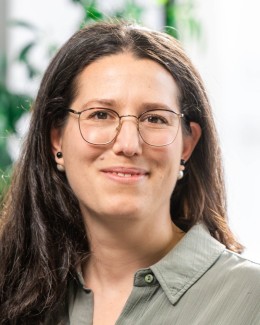Specialist Vein Care
Description
Led by Consultant Vascular Surgeons with over 20 years of experience, our bespoke clinic offers varicose veins treatment to patients in Dunedin and the lower South Island.
We have the compassion, knowledge and expertise to provide you with the best treatment possible, in a relaxed caring and professional environment. This translates to less pain, less bruising and back to work sooner.
Our team comprises:
- Mr Peter Laws, Vascular Surgeon
- Dr Ruth Benson, Vascular Surgeon
- Sonographer
- Registered Nurse
- Lorain Ronald, Clinic Manager
Find out more about the causes of varicose veins and their symptoms here
Practitioners
Charges
We are a Southern Cross Affiliated Provider, NIB First Choice, and covered by all other insurance companies. To ensure your journey with us is effortless we will submit a prior-approval request to your insurer on your behalf. If your procedure is approved by your insurer, we will invoice them directly. This means you don’t need to pay anything, unless your policy has an excess.
Self-Pay
The cost of the treatment will be customised to the condition of your veins. We also offer a payment plan for the treatment.
Accreditation
We pride ourselves in excellence and are proud to be a certificated accredited clinic meeting the requirements of Standard NZS8165:2005 Day Surgery Procedures.
- Contact us
How do I access this service?
Disability Assistance
- Provision for wheelchair access

